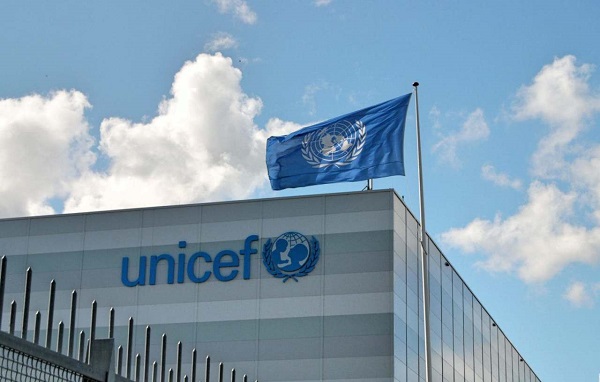The World Health Organisation, the United Nations Children’s Fund, UNICEF and the Federal Government on Tuesday expressed worry over Nigeria’s low routine immunization turnout, warning that without adequate awareness on the need for people to continue routine immunisation, especially that of polio, there are possibilities of Polio disease resurfacing in the country.
In his submission at a Three-Day Media Dialogue On Routine Immunisation, Post Polio Certification and COVID-19 Vaccination” in Yola organised by the Federal Ministry of Information and Culture in collaboration with the United Nations Children’s Fund, UNICEF, the Minister of Information and Culture, Mr Lai Mohammed disclosed that Nigeria was at a critical point in ensuring access to and uptake of routine immunisation by children across the country.
According to him, the country’s immunization challenge was compounded by the COVID-19 pandemic which has resulted in even numbers of children being partially immunised or unimmunused including against polio eventhough the country has been certified wild polio free on the 25th August 2020.
“There is an urgent need to address the immunisation situation in Nigeria with attention to COVID-19 and its impact on routine immunisation and the rollout of the immunisation for COVID-19 itself.” Represented by Mr Temitoye Falayi from the Ministry of Information, he called on media practitioners to promote messages on both preventions of COVID-19 and increase uptake of vaccination for under 5 children as part of routine immunisation and supplementary immunization activities. Speaking, the Communication for Development, Specialist, UNICEF, Mrs Elizabeth Onitolo said routine immunisation helps eliminate vaccine-preventable diseases ravaging the country.
Onitolo said: “No child must die of polio again in Nigeria; we sincerely plead with the media to help us out by creating awareness and sensitising the people on routine immunisation. She said Polio could still resurface even after the country had been certified free of polio by the World Health Organisation, hence the need for the media to increase awareness for persons in the Northeast to embrace routine immunisation.
“This meeting is to improve the knowledge of key media practitioners on low routine immunisation coverage; it is also to strengthen alliance with the media. The meeting is for the media to support the national plan to strengthen immunisation on COVID-19 information, and provide the media with additional sources of information on COVID-19,” she said. She however, stressed the need for the media to do more awareness particularly for people in the Northeast to guide against the coming back of polio and other likely disease into the country.
Speaking on COVID-19, Onitolo started that majority of Nigerians were scared to get the COVID-19 vaccination as a result of misinformation on their part. Onitolo also called on the media to help change the mindset of Nigerians on the deadly COVID-19, and get vaccinated. She urged the media to help build confidence in the people to encourage them get vaccinated and reporting the importance and benefits of vaccination and immunisation.
Corroborating her views, representative of the World Health Organisation, WHO, Adamawa, Dr Friday Igbinovia urged the media to create more awareness on the importance of COVID-19 vaccines in the country. Igbinovia said that the COVID-19 vaccine was safe, effective and should be taken as everyone was at risk of getting infected especially, the weak, elderly and persons with chronic diseases.
He explained that vaccine helps the body to develop immunity to the COVID-19 virus emphasising that it does not cause any harm or ailment. He added that by taking the complete dose of the vaccine, the body would be able to fight the virus in the future. He said people should continue to obey national and state directives on avoidance of large gathering and strict adhereance to COVID-19 protocols to reduce the possible spread of the virus.
Speaking, the Director, Planning, Research and Statistics, Ministry of Health, Adamawa, Dr Stephen John, urged the media to create more awareness for people to understand, shun rumours and continue to abide by the COVID-19 preventive protocols.
He said compliance to the protocols was key to defeating the spread of the virus in the state and country at large. He identified major challenges in addressing COVID-19 in the state to include; high symptomatic cases and poor compliance to preventive protocols especially at health facilities.
By Chioma Obinna,
Vanguard News Nigeria



